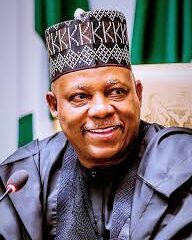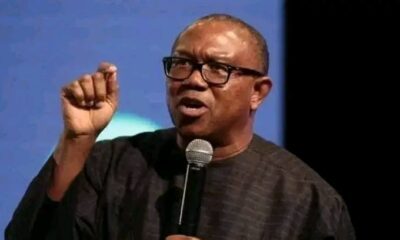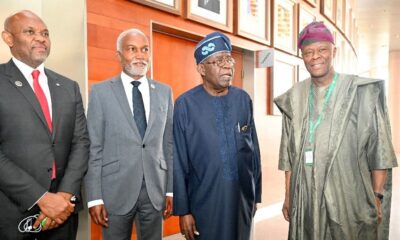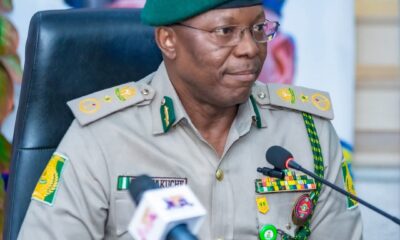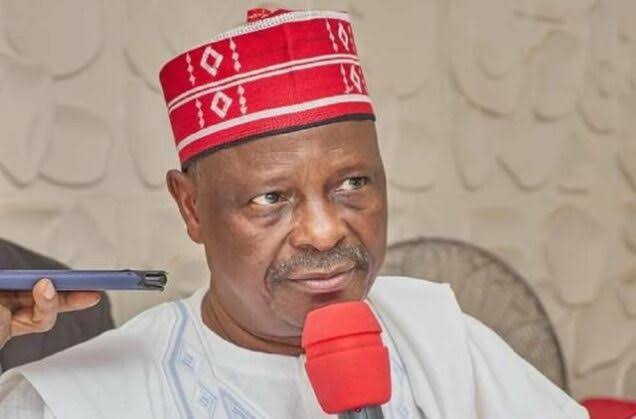Special Feature
Evolution of political parties in Nigeria: From colonial to military, by Chief Okoi Obono-Obla
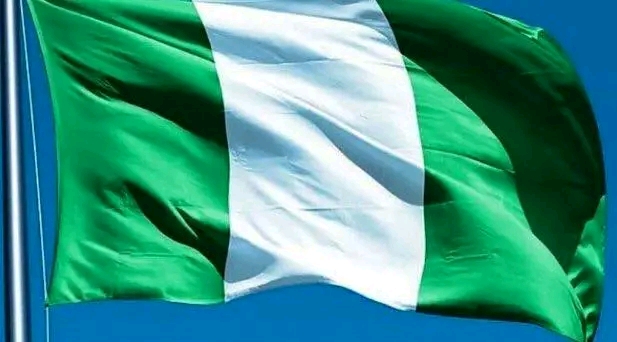
Political parties serve as platforms for individuals in a country to unite around specific ideologies, ideas, or values. These parties seek to implement their principles upon gaining political power or use them to shape the national agenda. Through campaigns, they work to convince the electorate that their vision offers the best path for governance. Additionally, some political parties function as pressure groups, advocating for specific agendas, reforms, or policy changes by exerting influence and engaging in activism.
The development of political parties in Nigeria began around 1922 and extended to 1945 when the colonial government introduced elections as a means of recruiting leaders to represent the Indigenous population in legislative bodies such as the Lagos City Council. This marked a significant step in Nigeria’s political history, providing a structured avenue for political participation.
However, the military’s intervention in 1966 disrupted this growth. With the imposition of military dictatorship, all existing political parties from the early 1940s to the mid-1960s were banned. Democratic structures and institutions were dismantled, stalling political progress until 1979, when power was returned to a democratically elected government and political parties were re-established.
Yet, democratic rule in Nigeria was abruptly terminated again in December 1983 when the military seized power, ousted the incumbent government, and dismantled all democratic structures, including political parties. Those that had evolved from earlier systems were banned, and from 1983 to 1989, political participation was strictly prohibited, with membership in any party punishable by imprisonment.
Despite these restrictions, politicians devised covert strategies to continue political engagement. They formed underground networks to discuss the future of Nigeria’s governance, preparing for an eventual transition back to civilian rule.
In 1989, the military initiated a political transition program aimed at returning Nigeria to democratic civil rule. As part of this process, it lifted the ban on political parties and invited politicians to form political associations, which the military would screen before granting recognition. However, wary of unrestricted political activities, the military refused to approve most associations, effectively curbing political participation.
Rather than allowing independent parties to emerge, the military established two ideologically defined political parties through decree: the Social Democratic Party (SDP) and the National Republican Convention (NRC). Citizens were encouraged to align themselves with one based on their ideological stance. The military claimed that the two parties represented opposing ends of the political spectrum—one leaning slightly to the left, the other to the right. No additional parties were permitted, and anyone wishing to participate in the transition had to join either the SDP or NRC. The military took direct control over the administration of both, appointing officials and establishing secretariats in all local government areas and state capitals.
The transition was abruptly halted when the military suspended the announcement of the June 12, 1993, presidential election results. The election, widely regarded as free and fair, had been won by Chief Moshood Abiola, the SDP candidate. The annulment led to widespread unrest and political instability. A military coup on November 26, 1993, further deepened the crisis, resulting in another ban on democratic institutions, including the SDP and NRC.
From 1993 until 1999, Nigeria remained under military rule with no officially recognized political parties. The absence of a multiparty system severely restricted governance and political participation until the military finally relinquished power and transitioned the country back to democratic civilian rule.
Conclusion:
The history of political parties in Nigeria has been deeply shaped by both democratic aspirations and military interventions. From colonial elections in the early 20th century to periods of military rule, political parties have faced cycles of formation, prohibition, and re-establishment. Despite setbacks, political actors have continuously sought avenues for participation, demonstrating resilience in the face of authoritarianism. The return to democracy in 1999 marked a turning point, allowing Nigeria to rebuild its multiparty system and establish a more stable political environment. The evolution of political parties remains a testament to the country’s ongoing struggle for democratic governance.
@~Obol Okoi Obono-Obla
-

 Entertainment2 days ago
Entertainment2 days agoTragedy as prominent Nollywood actress Monalisa Stephen reportedly passes away
-

 Crime and Law1 day ago
Crime and Law1 day agoDrama as man gets stuck with married woman during intimate act
-
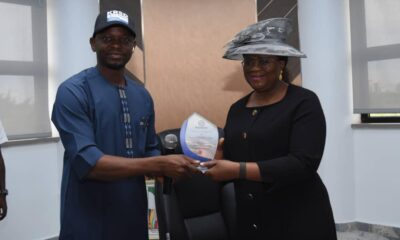
 Crime and Law2 days ago
Crime and Law2 days agoJustice system key to road safety enforcement – Forum
-
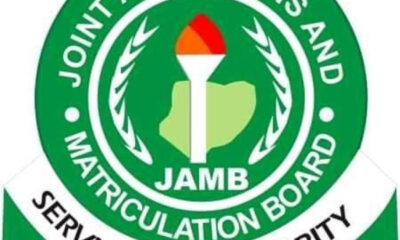
 National News2 days ago
National News2 days agoBreaking: JAMB admits to errors in 2025 UTME results
-

 Education1 day ago
Education1 day ago2025: JAMB sets date for fresh UTME exams
-

 Entertainment1 day ago
Entertainment1 day agoPortable undergoes deliverance
-
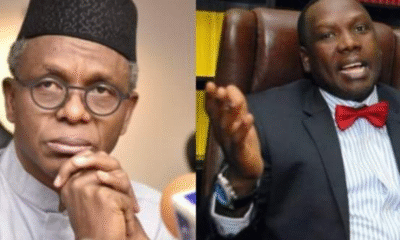
 Politics1 day ago
Politics1 day agoBwala downplays El-Rufai’s political relevance
-

 Crime and Law1 day ago
Crime and Law1 day agoMany feared dead over alledged circulation of fake rice


